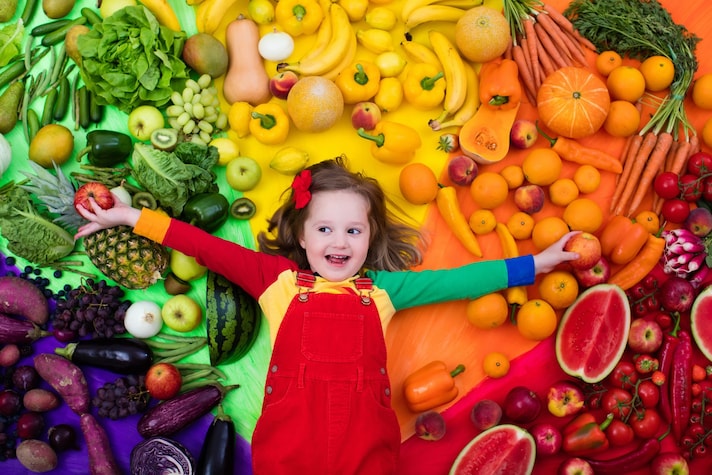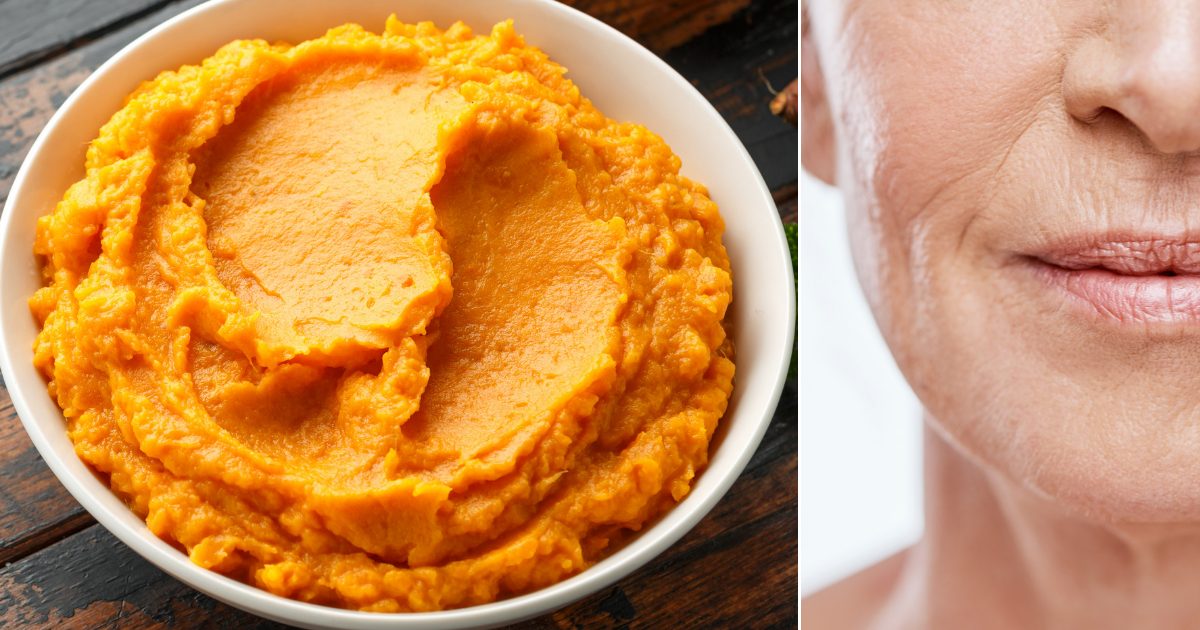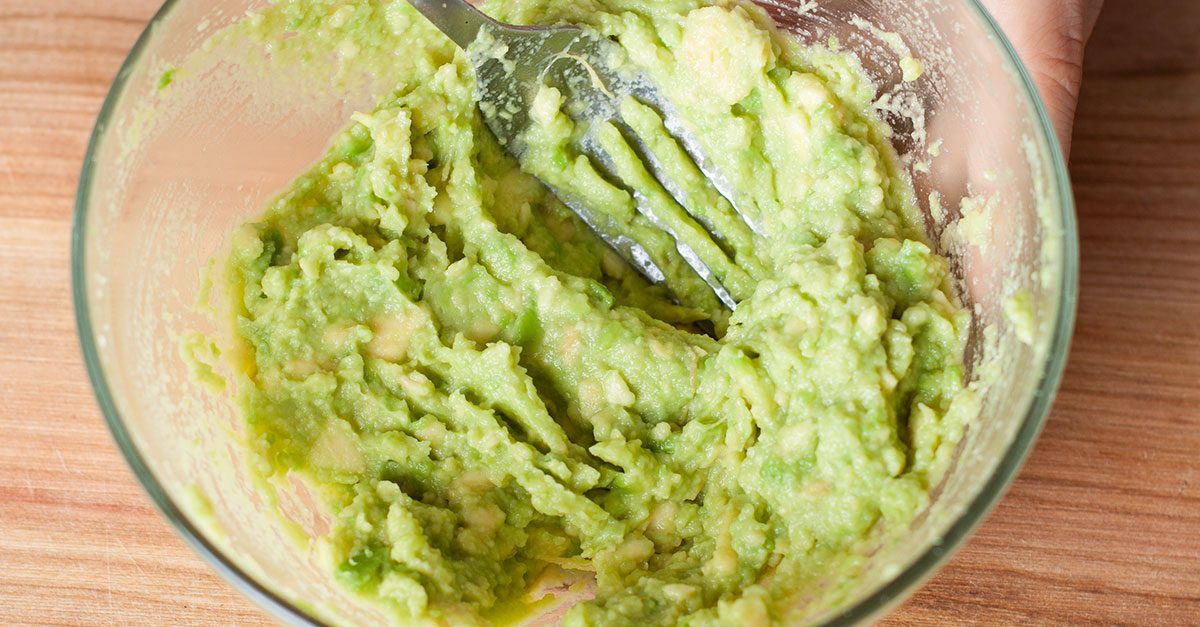11 Amazing Foods and Diet For Increasing Height
Here are the foods you need to include in your diet to help increase growth.
;Resize,width=742;)
Do you wish you were taller? Although your eventual height comes down to genetics, aided by the right kind of food and exercise, there are some foods that can give your height a boost.
Men keep growing in height until they reach 25, but women tend to reach their full height by 18 or 19 years of age.
Our height is regulated by a hormone called Human Growth Hormone (HGH), and it is made in the pituitary gland. You can give HGH a helping hand by eating specific foods that benefit growth.
Here are the foods you need to include in your diet to help increase growth.
1. Vitamins, Minerals and Proteins

Proteins
Much of the body relies on proteins to help build muscle and various tissues. Proteins contain amino acids designed for growth, and they help to keep your bones, muscles, tissues, organs, skin, and teeth healthy.
A lack of protein can create health problems, such as loss of muscle mass, abnormal growth, a weakened immune system, and delayed mental development.
You should eat foods that are rich in protein, such as fish, eggs, milk, and legumes to help your body to grow.
Minerals
Minerals such as magnesium, phosphorus, fluoride, iodine, iron, and manganese have an important part to play in helping the body to grow and stay healthy.
Calcium is essential for creating and maintaining strong bones. Avoid carbonated drinks, excessive amounts of sodium, sugar, and fat, and restrict coffee consumption as these substances actually inhibit the body’s uptake of calcium.
Smoking and recreational drugs can also slow down growth, as well as being unhealthy.
Vitamins
Vitamin D is necessary for developing strong bones, and a deficiency can lead to weak bones, retarded growth, and lack of height.
Other vitamins needed for growth include vitamin A, vitamin B1, vitamin B2 or riboflavin, vitamin C and vitamin F, and they are found mostly in fruits and vegetables.
2. Milk

Milk is a great source of calcium, and creates strong bones. It also contains vitamin A, which helps preserve calcium inside the body.
Milk is also a source of protein for building cells and muscle, and skimmed milk is fat-free, and contains 100% protein. Drink at least 2 to 3 glasses of milk per day for best results
3. Dairy Foods

Other dairy foods apart from milk should also be consumed for optimum height. Cheese, paneer, yoghurt, cream, and ice cream contain vitamins A, B, D, and E, along with protein and calcium.
4. Fruits and Vegetables

Fruits and vegetables should be a cornerstone of a healthy diet, as well as helping with growth.
They are rich in vitamins, fibre, potassium, and folates, and fruits like cantaloupes, grapefruit, papaya, mango, passionfruit, watermelon, and apricots are full of vitamin A. It’s also contained in carrots, peas, pumpkin, broccoli, spinach, cabbages, and sweet potatoes.
Berries, citrus fruits, potatoes, and tomatoes also contain vitamin C.
5. Chicken

Chicken is a great source of protein, and does not contain much fat. Lean chicken has one of the highest amounts of protein out of all the animal food groups.
6. Beef

Beef is also rich in protein, but it does contain more fat than chicken, which can raise levels of cholesterol.
7. Grains and Starches

These foods are the main energy source for the body, as well as providing vitamin B, fibre, iron, magnesium, and selenium.
Brown rice, whole wheat, and whole grain pasta, as well as popcorn help provide nutrients for growth.
8. Eggs

Eggs are full of protein, and contain vitamin B2 (riboflavin). Aim to eat at least one egg per day, or 3 to 6 egg whites.
9. Soybeans

Of all the plant-based foods, soybeans provide the most proteins. This protein helps improve bone and muscle mass, and it’s recommended that you eat 50 grams per day.
10. Oatmeal

Oatmeal is another great source of plant protein, and helps increase muscle mass. Try to eat 50 grams of oatmeal per day.
11. Coral Calcium

Coral calcium is obtained from sea coral, and helps to increase bone mass. It should be taken from a young age for maximum effect.
;Resize,width=767;)
;Resize,width=712;)
;Resize,width=712;)
;Resize,width=712;)
